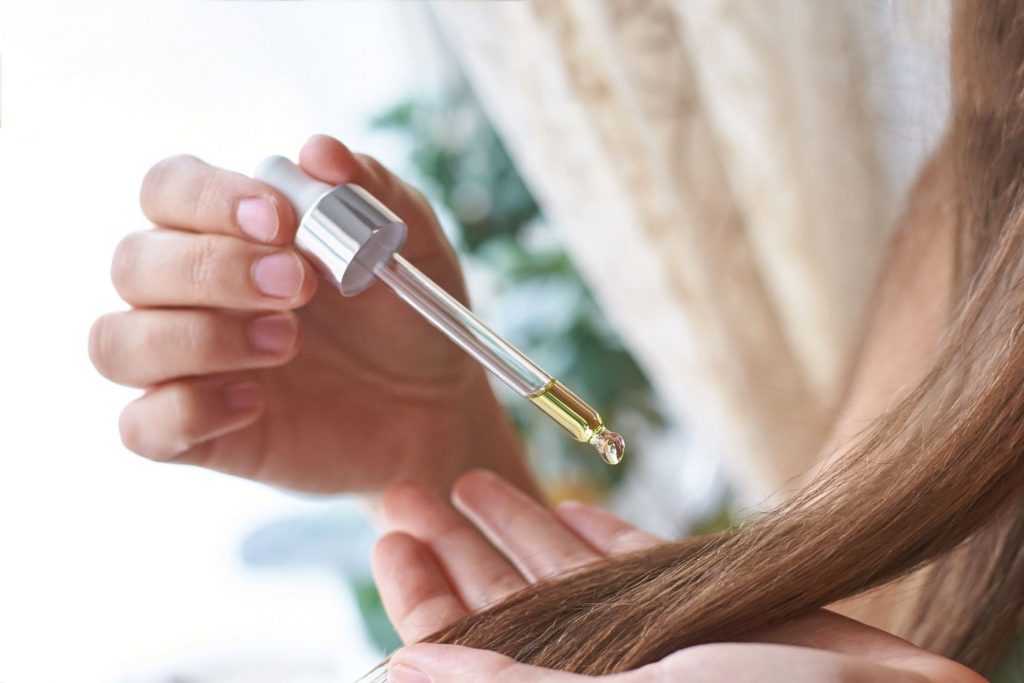Drug abuse can lead to hair loss; it can cause a condition called diffuse alopecia, which is characterized by thinning hair all over the scalp. Diffuse alopecia is typically caused by damage to the hair follicles, which can be caused by a variety of factors, including certain medications, severe stress, and malnutrition.
While hair loss can be a side effect of drug abuse, it’s important to remember that not everyone who abuses drugs will experience hair loss. In fact, many people who abuse drugs don’t experience any major side effects at all. However, if you are abusing drugs and notice that your hair is thinning or falling out, it’s important to seek help.
Drug abuse can lead to a number of serious health problems, including hair loss. If you’re concerned about losing your hair due to drug abuse, be sure to talk to your doctor about treatment options. There are a plethora of options available to help, including medically assisted treatment (MAT). Regardless, it’s imperative to seek help if you need it.
What Does Hair Loss Have to do With Mental Health?
Hair loss can be a difficult and emotionally distressing experience, particularly when it is unexpected or unexplained. While hair loss can be due to a number of physical factors such as genetics, nutrient deficiencies, medications, or an underlying medical condition, it can also be a sign of poor mental health.
For many people, their hair is a major source of self-esteem and self-confidence. Losing hair can be a traumatic experience that can lead to feelings of anxiety, depression, and low self-worth. In some cases, hair loss can even trigger or worsen mental health disorders such as body dysmorphic disorder (BDD) or trichotillomania (hair-pulling disorder).
How Do I Deal With Hair Loss in a Mentally Healthy Way?
If you are experiencing hair loss, it is important to consult with a doctor or mental health professional to rule out any underlying physical causes. If no physical cause can be found, then addressing the psychological factors may be the key to managing your hair loss. Here are some tips for dealing with hair loss in a healthy way:
- Acknowledge your feelings – It is normal to feel sad, angry, or embarrassed about hair loss. Don’t try to bottle up your emotions. Talk to a trusted friend or family member about how you’re feeling.
- Find a support group – There are many online and in-person groups that offer support for people dealing with hair loss. Talking to others who are going through the same thing can be helpful.
- Seek professional help – If you’re struggling to cope with hair loss, consider meeting with a mental health professional. They can help you develop coping strategies and deal with any underlying emotional issues.
- Take care of yourself – Eating a healthy diet, getting enough exercise, and getting enough sleep can help reduce stress and improve your overall mental health.
What Specific Drugs Cause Hair Loss?
There are a number of illegal drugs that can cause hair loss. These include methamphetamine, cocaine, and MDMA (ecstasy). Methamphetamine is a powerful stimulant that can lead to psychotic symptoms and increased aggression. It can also cause an increase in body temperature, which can lead to hair loss.
Cocaine is a powerful stimulant that can also cause psychotic symptoms, increased heart rate, and high blood pressure. MDMA (ecstasy) is a psychoactive drug that can cause anxiety, depression, and paranoia. It can also lead to hair loss by damaging the hair follicles.
Meth Addiction and Hair Loss
Methamphetamine, or meth, is a highly addictive stimulant drug that can have severe consequences. One of these consequences is hair loss. Meth users often experience dramatic hair loss, which can be extremely distressing and lead to serious mental health issues.
People who suffer from meth-induced hair loss often feel ashamed and embarrassed. This can lead to social isolation and further mental health problems. Methamphetamine use can also lead to other forms of self-harm, such as skin picking and compulsive scratching, which can further damage the hair follicles and cause permanent hair loss.
Marijuana Addiction and Hair Loss
While marijuana use may not be a direct cause of hair loss, it can contribute to the problem. Marijuana abuse has been linked to mental health problems like anxiety and depression, which can lead to self-destructive behaviors like drug abuse. Drug abuse can lead to nutrient deficiencies that can in turn cause hair loss.
Cocaine Addiction and Hair Loss
Cocaine is a powerful stimulant that can have devastating effects on the body, including hair loss. Cocaine use can cause mental health problems and lead to drug abuse. Hair loss is a common side effect of cocaine use, and it can be permanent.
Adderall Addiction and Hair Loss
Adderall is a drug that is commonly used to treat attention deficit hyperactivity disorder (ADHD). It is also sometimes used as a party drug or for weight loss. However, Adderall can have serious side effects, one of which is hair loss.
Hair loss from Adderall is not common, but it can happen. The exact mechanism by which Adderall causes hair loss is not known, but it is thought to be related to the way the drug affects the body’s metabolism. Adderall can increase the production of hormones like cortisol, which can in turn lead to hair loss.

Are There Remedies for Hair Loss as a Result of Drug Addiction?
Hair loss can be a devastating experience for both men and women. It can cause feelings of insecurity, low self-esteem, and depression. If you are struggling with hair loss, it is important to know that there are treatment options available.
Hair loss can be caused by a variety of factors including genetics, certain medical conditions, medications, stress, trauma, and more. There are a number of different treatment options available depending on the underlying cause of hair loss.
Medical treatments for hair loss include the following:
- Minoxidil (Rogaine) – This is a topical medication that is applied to the scalp twice daily. It helps to stimulate hair growth in people with genetic hair loss.
- Finasteride (Propecia) – This is a pill that is taken daily. It is used to treat male pattern baldness.
- Platelet-rich plasma (PRP) – This is a treatment that uses your own blood to stimulate hair growth.
- Hair transplant – This is a surgical procedure where hair follicles are transplanted from another area of the scalp to the area of hair loss.
There are also a number of home remedies and lifestyle changes that can help to prevent or treat hair loss. These include the following:
- Avoiding hairstyles that pull on the hair too tightly.
- Wearing a hat or scarf to protect the hair from harsh weather conditions.
- Use gentle shampoos and conditioners.
- Avoid hot showers and use lukewarm water instead.
- Avoid harsh chemicals and treatments, such as hair straightening and coloring.
Experiencing Hair Loss or Not, Contact Us Today
Drug abuse is not easy, and it’s even more difficult when dealing with other effects; these include hair loss. At Granite Mountain, we want to help. If you or a loved one would like to find out more, you can contact us here.



